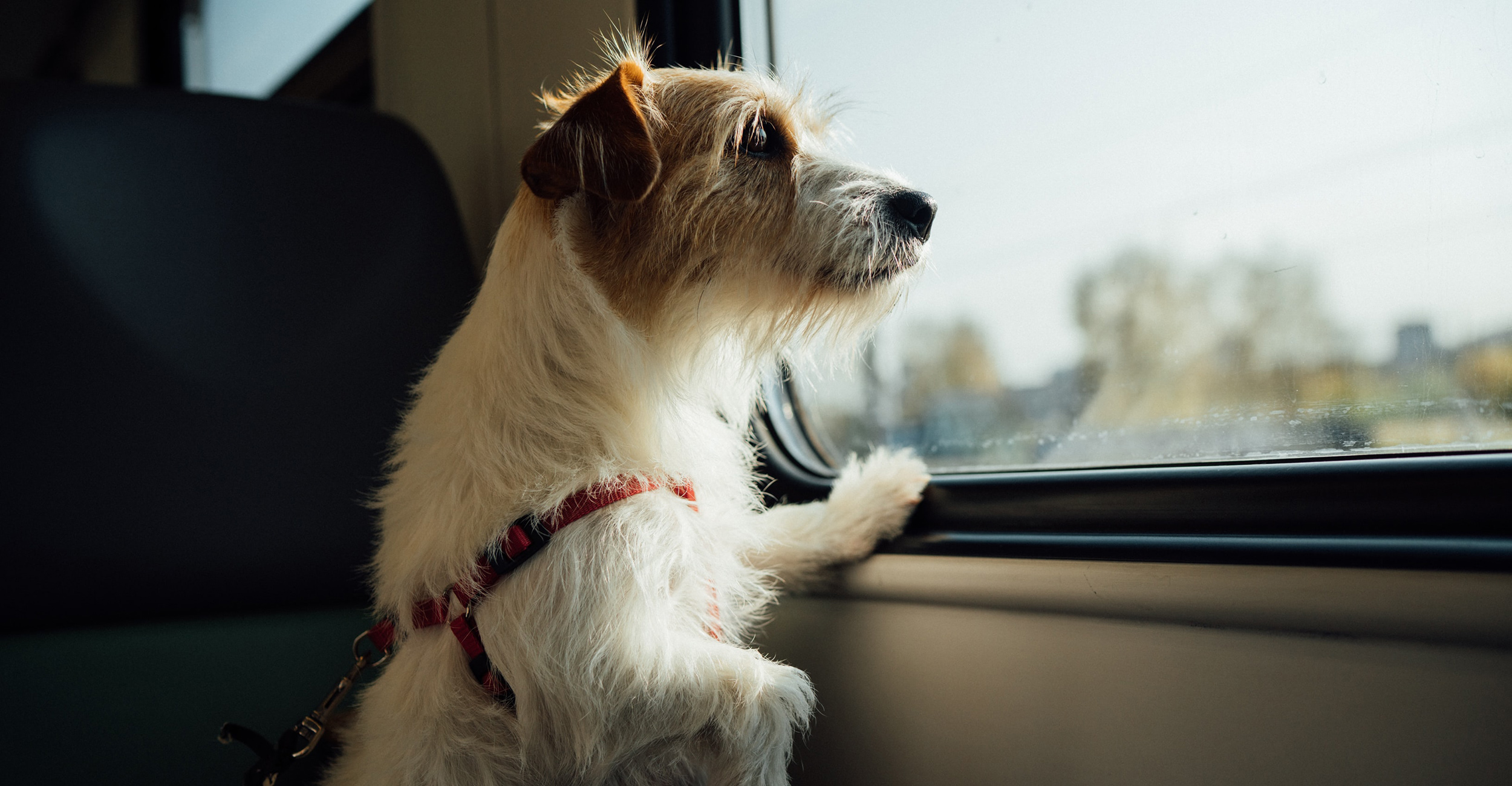
Summer travel with your pet
Thursday, June 17, 2021
Summer is here, and with it often comes travel. If you plan to take your furry friend with you, there are a few things to consider before you head out on the highway or purchase that plane ticket.
First, if you are planning to travel out of state, whether by plane or by car, schedule an appointment with your veterinarian to obtain a certificate of veterinary inspection (CVI). Even if you are planning to just drive to another state, it is a good idea to have this certificate and an up-to-date rabies vaccination certificate on hand.
You can also look for the specific travel regulations in your destination state by going to okla.st/pettravel. If you are planning to fly, check with your airline for any requirements such as crate size, type and other restrictions.
At your veterinary appointment, you can update your pet’s preventive care such as internal and external parasite control, rabies and other vaccines that may be recommended based on your travel plans and destination. While you are at the appointment, ensure you have plenty of any medications your pet may be taking, get a copy of medical records in case of emergency or sudden illness, and ask if your pet needs anti-anxiety or anti-nausea medications for the trip. Have your veterinarian scan that microchip to confirm it is functional.
Be certain that your pet has identification in case he/she gets lost during the trip. Permanent identification with a microchip is the best form since collars or tags could get lost or stolen. Verify microchip registration and accurate contact information with your microchip company prior to travel.
Microchips require a special scanner to detect them, so a collar and tags with your name, your pet’s name, phone number and address are important for immediate identification. Though collars and tags can be lost, they don’t require a special scanner to read and can result in a much faster reunion.
Travel check list:
• Identification
• Certificate of inspection and rabies vaccination
• Medication(s)
• Medical records
• Crate, leash and harness, toys, treats, food, bed
• Gloves, towels, and trash bags in case of smelly accidents (I say this from personal
experience)
• List of emergency clinics along your route and at the destination
Helpful online resources:
Petmicrochiplookup.org
Aphis.usda.gov/aphis/pet-travel
Foundanimals.org/microchip-register
Pettravel.com
About the author: Dr. Sarah Peakheart is an assistant professor in the shelter surgery program at Oklahoma State University’s College of Veterinary Medicine.
Veterinary Viewpoints is provided by the faculty of the OSU Veterinary Medical Hospital.
Certified by the American Animal Hospital Association, the hospital is open to the
public providing routine and specialized care for all species and 24-hour emergency
care, 365 days a year. Call 405-744-7000 for an appointment or more information.
OSU’s College of Veterinary Medicine is one of 32 accredited veterinary colleges in
the United States and the only veterinary college in Oklahoma. The college’s Boren
Veterinary Medical Hospital is open to the public and provides routine and specialized
care for small and large animals. The hospital offers 24-hour emergency care and is
certified by the American Animal Hospital Association. For more information, visit
https://vetmed.okstate.edu or call 405-744-7000.
